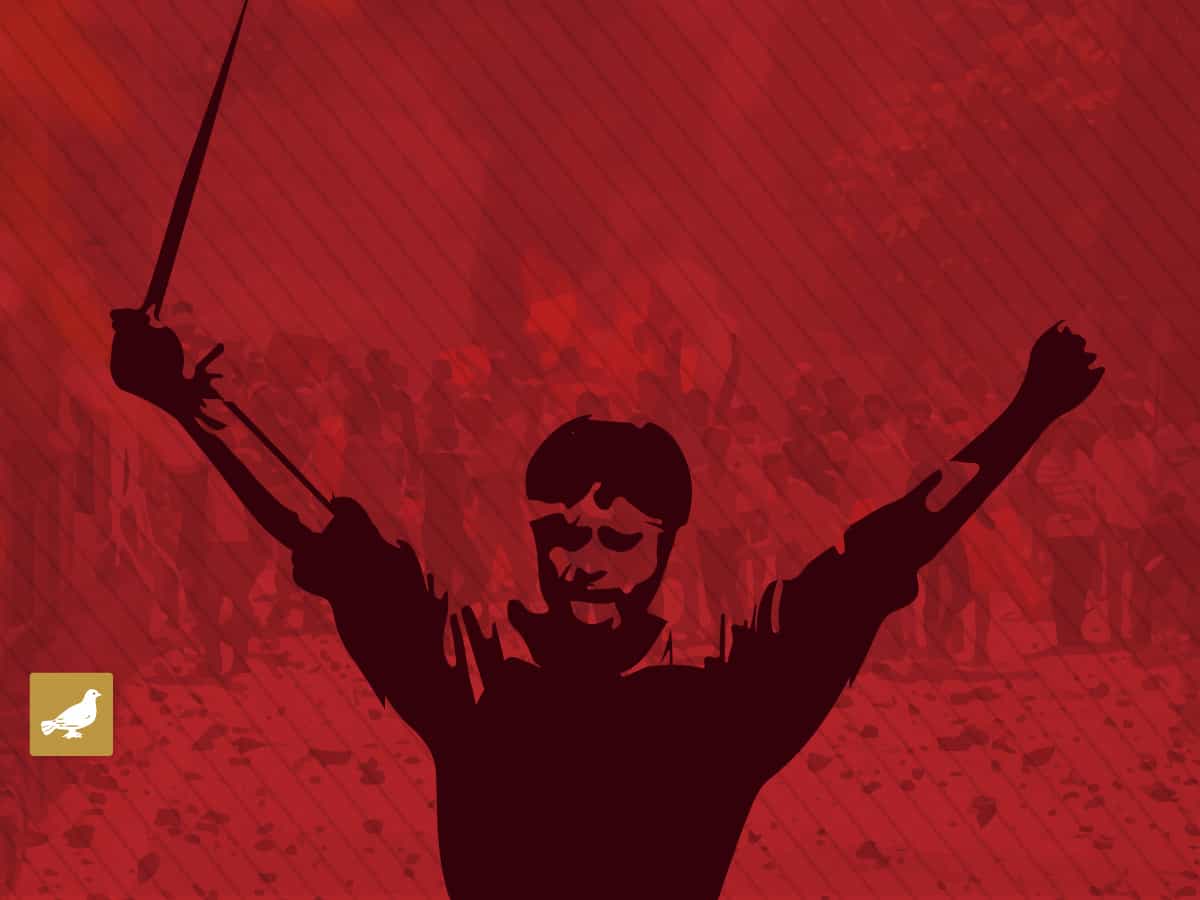
By Moumita Barman and Chhaya Jindal
The Centre for Development Policy and Practice organised a session with Samar Halarnkar, the co-founder of Article 14 a website dedicated to the rule of law in India. This session brought to light the disturbing turn against Muslims in India since 2014. The discussion, titled “New Challenges to the Indian Muslims: Beyond Citizenship Concern,” analysed the impact of policies and legal frameworks on the Muslim community in the country.
One of the most concerning aspects highlighted during the session was the religious implications of the laws and policies introduced in recent years, particularly those centered on the Hindu faith. For instance, the prevalence of cow slaughter laws in states governed by the Bharatiya Janata Party (BJP) raises serious concerns about the secular fabric of India. Such laws, with their Hindu-centric nature, pose significant challenges for the largest religious minority in the country.
The discussion also delved into the issue of inadequate governance and its role in exacerbating religiously motivated hate crimes. There has been a shift in the stance of the ruling party since 2014, which was previously not associated with supporting such activities. It is concerning to see the compromised position of the police and media. These institutions either align with the ruling party or display a worrying level of indifference towards these distressing incidents.
Although hate crimes against minorities existed before the BJP came to power in 2014, there has been an increase in anti-minority violence during their tenure. The second term witnessed the passing of laws by various state governments ruled by the BJP that disproportionately affect minorities, contributing to systemic violence.
According to Hate Crime Watch, an alarming 91% of hate crimes reported in the last decade occurred after the BJP assumed power. Out of 287 reported hate crimes from January 2009 to April 2019, a staggering 262 took place in the last five years. These crimes resulted in 99 deaths and approximately 703 injuries across 23 states and Union territories. The report also reveals that hate crimes were first reported after 2014 in 12 states and Union territories, with the BJP forming the government in eight of these states after the general elections. Muslims accounted for 61% of the cases, Christians for 11%, and Hindus for 14%. Sikhs were targeted in 1% of the cases, while the religion of the perpetrators was unknown in 31% of incidents.
Known perpetrators
Among cases where the religion of the alleged perpetrators was known, Hindus were involved in 81% of the cases, Muslims in 18%, and Sikhs in 1%. Cow vigilantism emerged as the most common cause of these attacks, with 77 incidents recorded. A total of 124 cow-related hate crimes occurred between May 24, 2014, and April 30, 2019. Other significant causes included opposition to interfaith relationships (15% of cases) and communal clashes (10% of cases).
In recent incidents, such as the Balasore train accident, which have witnessed communalization due to the compromised, complicit, or marginalized state of the judiciary, police, and media. The communalisation due to the unchecked spread of fake social media posts and news poses a significant threat to secularism in India. By manipulating information and exploiting existing fault lines, these deceptive narratives weaken the bonds of trust and unity among communities.
Complex correlation
The correlation between hate crimes and the BJP’s vote share is complex, with various factors at play. Recent communal violence incidents during religious celebrations demonstrate the power of hate speech by BJP and Hindutva leaders. Hate speech has historically preceded mass violence, underscoring the urgency of addressing its prevalence. The rising trend of hate crimes is alarming, indicating an unstable state and an uncertain future for minorities in India.
It is of utmost importance for all stakeholders within our country to collectively acknowledge the presence of hatred and take unwavering action to combat its rise. By fostering an environment that encourages dialogue, education, and inclusivity, we can pave the way for a society where hatred is actively challenged, and harmony is prioritised. Each stakeholder must shoulder the responsibility of being an advocate for peace and actively work towards dismantling the seeds of hate, fostering a future that celebrates diversity and ensures the well-being of every individual.
A note of hope
The session concluded on the note of hope. It is essential to maintain hope among the citizens of India as it is crucial to promoting secularism in India as it fosters unity, inclusivity, and optimism. It helps overcome divisions, challenges prejudice, and promotes dialogue among diverse religious communities. Hope inspires progressive change, motivates individuals to uphold constitutional values, and counteracts extremism. It plays a pivotal role in preserving equal rights and opportunities for all citizens, regardless of their religious beliefs. By nurturing hope, India can work towards a society that embraces diversity, respects religious freedom, and upholds the principles of secularism, ensuring a harmonious and inclusive future for all.

